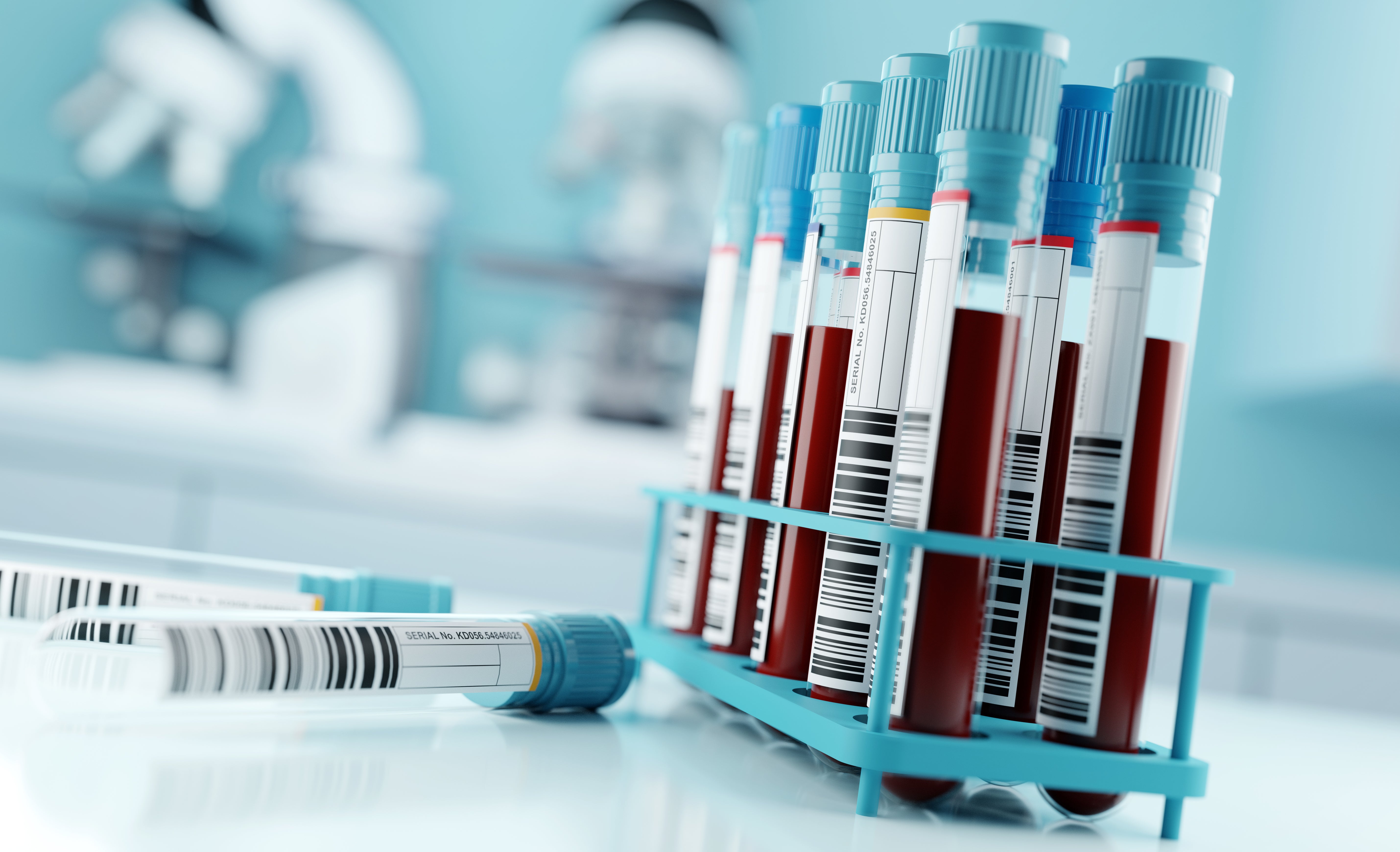A revolutionary blood test, set to transform how Alzheimer’s disease is diagnosed, could save the NHS time and money.
A clinical trial for the blood test is now welcoming its first participants, who will be recruited via memory clinics across the UK.
Dementia is now the number one cause of death in the UK, yet experts estimate a third of people with a form of the degenerative brain condition have not been diagnosed.
Researchers at University College London (UCL) are investigating whether a blood test that measures a protein associated with Alzheimer’s – a neurodegenerative disease and most common form of dementia – can improve how Alzheimer’s is diagnosed on the NHS.
“We now have a blood test for Alzheimer’s disease that is backed by strong scientific evidence and provides comparable information to other gold-standard diagnostic tests such as PET scans and lumbar punctures yet is far more accessible, and cheaper,” said Professor Jonathan Schott, professor of neurology at UCL, and chief medical officer at Alzheimer’s Research UK.

Alzheimer’s disease is linked to the build-up of the proteins amyloid and tau in the brain. In Alzheimer’s, amyloid sticks and forms plaques in the brain, eventually causing brain cells to die, while tau tangles inside the brain’s neurons – both leading to the onset of dementia symptoms.
The blood test looks for the presence of p-tau217, which reflects the presence of both amyloid and tau in the brain.
Research suggests that blood tests such as plasma p-tau217 can detect these proteins as accurately as current methods such as amyloid PET scans and lumbar punctures.
Although these blood tests are not standalone diagnostic tools, they could be used as part of a wider clinical assessment to confirm the diagnosis of Alzheimer’s disease for people who already have memory or thinking problems.
The blood test has the potential to offer a less invasive, more accessible, and cost-effective alternative to current specific tests for Alzheimer’s.

Currently, lumbar puncture and PET scan test can each cost about £1,500, in comparison to a £100 blood test.
These methods are also rarely used in memory clinics, with just 2 per cent of people having a PET scan or lumbar puncture to confirm an Alzheimer’s diagnosis.
Researchers at UCL have already assessed the p-tau217 blood test, which is now established in the National Hospital for Neurology and Neurosurgery’s NHS clinical laboratory. But the team is now assessing the accuracy of the test, as well as how cost-effective and suitable it is for NHS memory services.
Recruitment for the trial already started in Essex last month and 19 additional specialist NHS centres are planned to take part across the UK.
All of the 1,100 participants in the study who have mild to moderate impairment cognitive impairment will receive a standard initial assessment. Half of the participants will then receive their blood test results within three months of being assessed for the first time, while the other 550 people will get their results after 12 months.
The team will assess whether providing results earlier helps speed up diagnosis, guides decisions about further investigations, and influences how both patients and clinicians interpret and respond to the results.
However, researchers warn the blood test is a long way off being used to predict if someone will develop Alzheimer’s in the future.
“Dementia is the healthcare challenge of our generation and it will take a society to beat it,” said Professor Fiona Carragher, chief policy and research officer at Alzheimer’s Society.
She described this new trial as “pivotal” and stressed too often, dementia is diagnosed late, limiting access to support, treatment, and opportunities to plan ahead.
“Blood tests could offer a faster and more accessible route to diagnosis. The Blood Biomarker Challenge is committed to building the evidence needed to bring these innovative tests into NHS care, delivering real benefits for people living with dementia and their families,” Professor Carragher added.
Those affected by dementia shared their hopes for the impact of the blood test trial.
“A blood test like this would have helped to make a diagnosis right at the start and would have made a real difference to us. Hopefully initiatives like the Blood Biomarker Challenge will pave the way to change for other people in the future,” said Michael White, 75, who cares for his wife Kathryn.
Kathryn White, 74, added: “It took so long to receive a diagnosis of dementia. We knew there was something wrong and I was doing things like getting lost in places I was familiar with. It was a relief, in many ways, to have a diagnosis because it helped to make sense of it. The hardest thing for me has been having to stop driving.”



